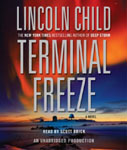
 Men of Iron is an 1891 book by the American author Ernie Howard Pyle. It is juvenile novel in which the author has the reader experience the medieval entry into knighthood through the eyes of a young squire, Myles Falworth. It was adapted into a film in 1954 using the title The Black Shield Of Falworth. The film featured the then real life married team of a very buxom Janet Leigh and a young beducktailed Tony Curtis (doing a fine Errol Flynn impression). The film also has some terrific fight scenes including maybe the best axe vs. shield brawling ever put on film. This LibriVox version of the novel, despite being a multi-narrator volume, is still highly listenable.
Men of Iron is an 1891 book by the American author Ernie Howard Pyle. It is juvenile novel in which the author has the reader experience the medieval entry into knighthood through the eyes of a young squire, Myles Falworth. It was adapted into a film in 1954 using the title The Black Shield Of Falworth. The film featured the then real life married team of a very buxom Janet Leigh and a young beducktailed Tony Curtis (doing a fine Errol Flynn impression). The film also has some terrific fight scenes including maybe the best axe vs. shield brawling ever put on film. This LibriVox version of the novel, despite being a multi-narrator volume, is still highly listenable.
One curiosity though is how the language seems particularly homo-erotic. Take these passages from Chapter 5:
From this overlordship of the bachelors there had gradually risen a system of fagging, such as is or was practised in the great English public schools—enforced services exacted from the younger lads—which at the time Myles came to Devlen had, in the five or six years it had been in practice, grown to be an absolute though unwritten law of the body—a law supported by all the prestige of long-continued usage. At that time the bachelors numbered but thirteen, yet they exercised over the rest of the sixty-four squires and pages a rule of iron, and were taskmasters, hard, exacting, and oftentimes cruel.
and
Then a sudden thought came to Myles, and as it came his cheeks glowed as hot as fire “Master Gascoyne,” said he, with gruff awkwardness, “thou hast been a very good, true friend to me since I have come to this place, and hast befriended me in all ways thou mightest do, and I, as well I know, but a poor rustic clod. Now I have forty shillings by me which I may spend as I list, and so I do beseech thee that thou wilt take yon dagger of me as a love-gift, and have and hold it for thy very own.”
Gascoyne stared open-mouthed at Myles. “Dost mean it?” said he, at last.
“Aye,” said Myles, “I do mean it. Master Smith, give him the blade.”
At first the smith grinned, thinking it all a jest; but he soon saw that Myles was serious enough, and when the seventeen shillings were produced and counted down upon the anvil, he took off his cap and made Myles a low bow as he swept them into his pouch. “Now, by my faith and troth,” quoth he, “that I do call a true lordly gift. Is it not so, Master Gascoyne?”
“Aye,” said Gascoyne, with a gulp, “it is, in soothly earnest.” And thereupon, to Myles’s great wonderment, he suddenly flung his arms about his neck, and, giving him a great hug, kissed him upon the cheek. “Dear Myles,” said he, “I tell thee truly and of a verity I did feel warm towards thee from the very first time I saw thee sitting like a poor oaf upon the bench up yonder in the anteroom, and now of a sooth I give thee assurance that I do love thee as my own brother. Yea, I will take the dagger, and will stand by thee as a true friend from this time forth. Mayhap thou mayst need a true friend in this place ere thou livest long with us, for some of us esquires be soothly rough, and knocks are more plenty here than broad pennies, so that one new come is like to have a hard time gaining a footing.”
“I thank thee,” said Myles, “for thy offer of love and friendship, and do tell thee, upon my part, that I also of all the world would like best to have thee for my friend.”
Such was the manner In which Myles formed the first great friendship of his life, a friendship that was destined to last him through many years to come. As the two walked back across the great quadrangle, upon which fronted the main buildings of the castle, their arms were wound across one another’s shoulders, after the manner, as a certain great writer says, of boys and lovers.
The problem with assuming there is some homo-erotic subtext, seems to me a problem of false positives. They’re easy to spot, and once spotted harder to shake than a case of the yawns. A nudge is as good as a wink to a blind bat. Not that this book is in any way boring, it’s actually quite rollicking and definitely worth checking out!
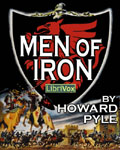 Men Of Iron
Men Of Iron
By Howard Pyle; Read by various
35 Zipped MP3 Files or Podcast – Approx. 6 Hours 55 Minutes [UNABRIDGED]
Publisher: LibiVox.org
Published: March 14, 2008
Men of Iron by Howard Pyle is historical fiction that transports us back to the 1400’s, a time of knighthood and chivalry. Myles Falworth is eight years old when news comes they must flee their home. His blind father is accused of treason. We see Myles grow up, train as a knight, and with perseverance, clear his father of any wrong-doing and restore their family name.
Podcast feed:
http://librivox.org/bookfeeds/men-of-iron-by-howard-pyle.xml
iTunes 1-Click |SUBSCRIBE|
Posted by Jesse Willis
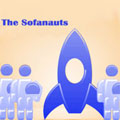
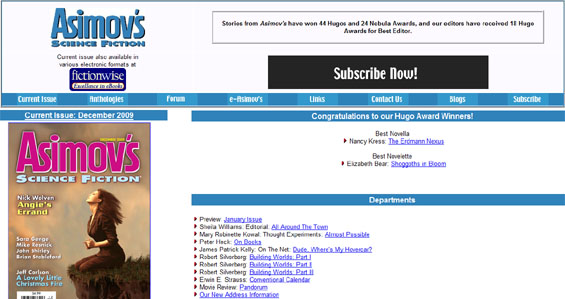
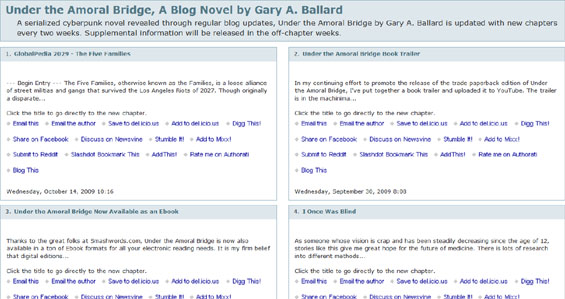





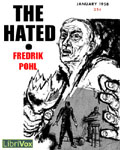
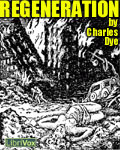
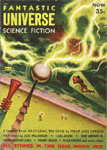
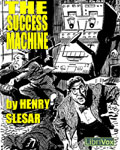
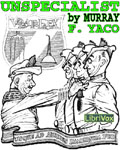
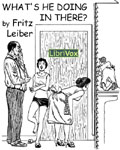


 Stephen Fry – In The Beginning Was The Nerd
Stephen Fry – In The Beginning Was The Nerd
